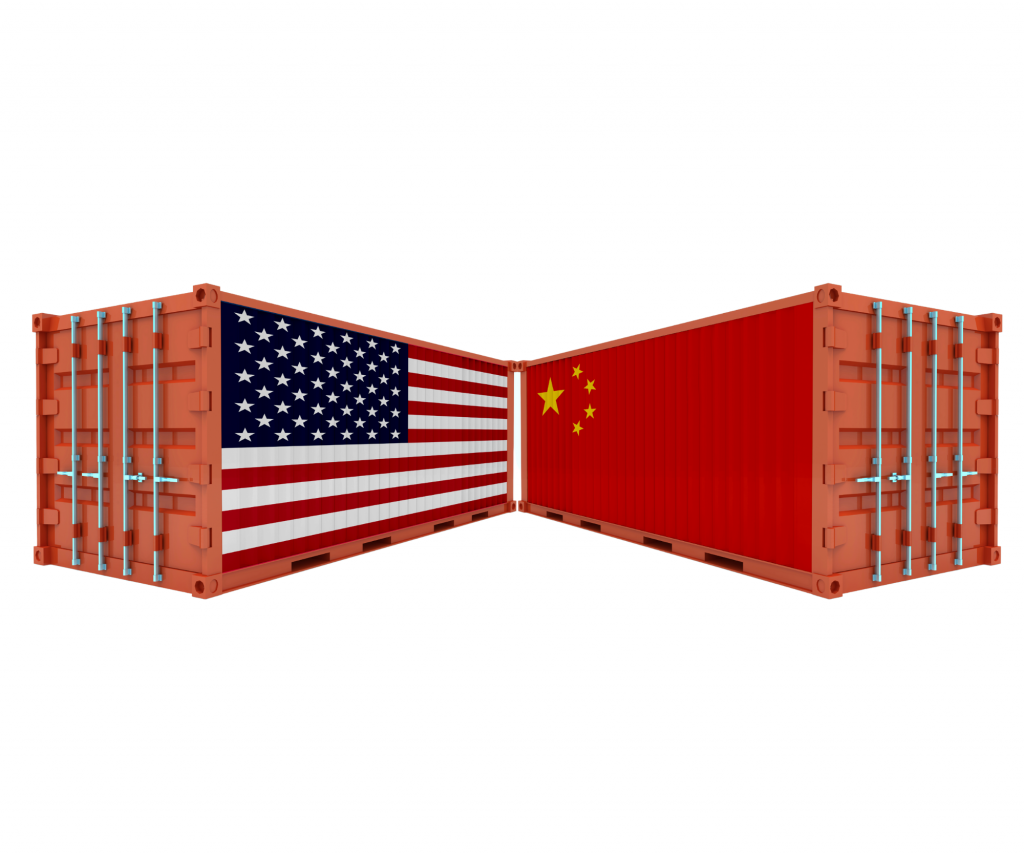Over the past decade, our industry has witnessed substantial intervention in the global rail marketplace from non-market economy foreign governments. Most notably, the People’s Republic of China – working through state-owned enterprises (SOEs) like CRRC – has identified rail manufacturing as a strategic market sector and made clear their intention to “conquer” the global rolling stock market. Backed by the full resources of the Chinese government, CRRC and its affiliates have leveraged direct subsidies, state-backed financing, and below-market loans to secure more than $2.6 billion in railcar contracts at far below market rates for transit agencies in Boston, Chicago, Los Angeles and Philadelphia. These manipulative incursions into the U.S. market present both national and economic security risks. There is ample evidence illustrating the Chinese government’s willingness to use industrial espionage, hacking, intellectual property theft, and more to achieve its global objectives, giving us every reason to be concerned about their involvement with critical rail infrastructure and the technology that supports it.
For those reasons, Congress passed the Transit Infrastructure Vehicle Security Act (TIVSA) in 2019 to ensure that federal taxpayer funds never flow to China’s SOE rail firms. Unfortunately, the Federal Transit Administration’s (FTA) non-binding guidance on implementation of the law is deeply flawed, suggesting that cities that have previously procured equipment from CRRC have a “lifetime exemption” from the law. This interpretation does not align with plain language of the statute and congressional intent. As a result, there is a risk that the substantial funds provided by IIJA to the nation’s transit agencies could ultimately flow to the CRRC. We therefore urge the FTA to update this guidance to clarify that the law is effective and therefore doing business with the CRRC with federal funds is not allowed. Additionally, we urge the Congress to completely close loopholes that could allow the CRRC to continue accessing any taxpayer funds through other DOT programs. When you supplant American manufacturing with cheap, subsidized imports, American workers lose out.

